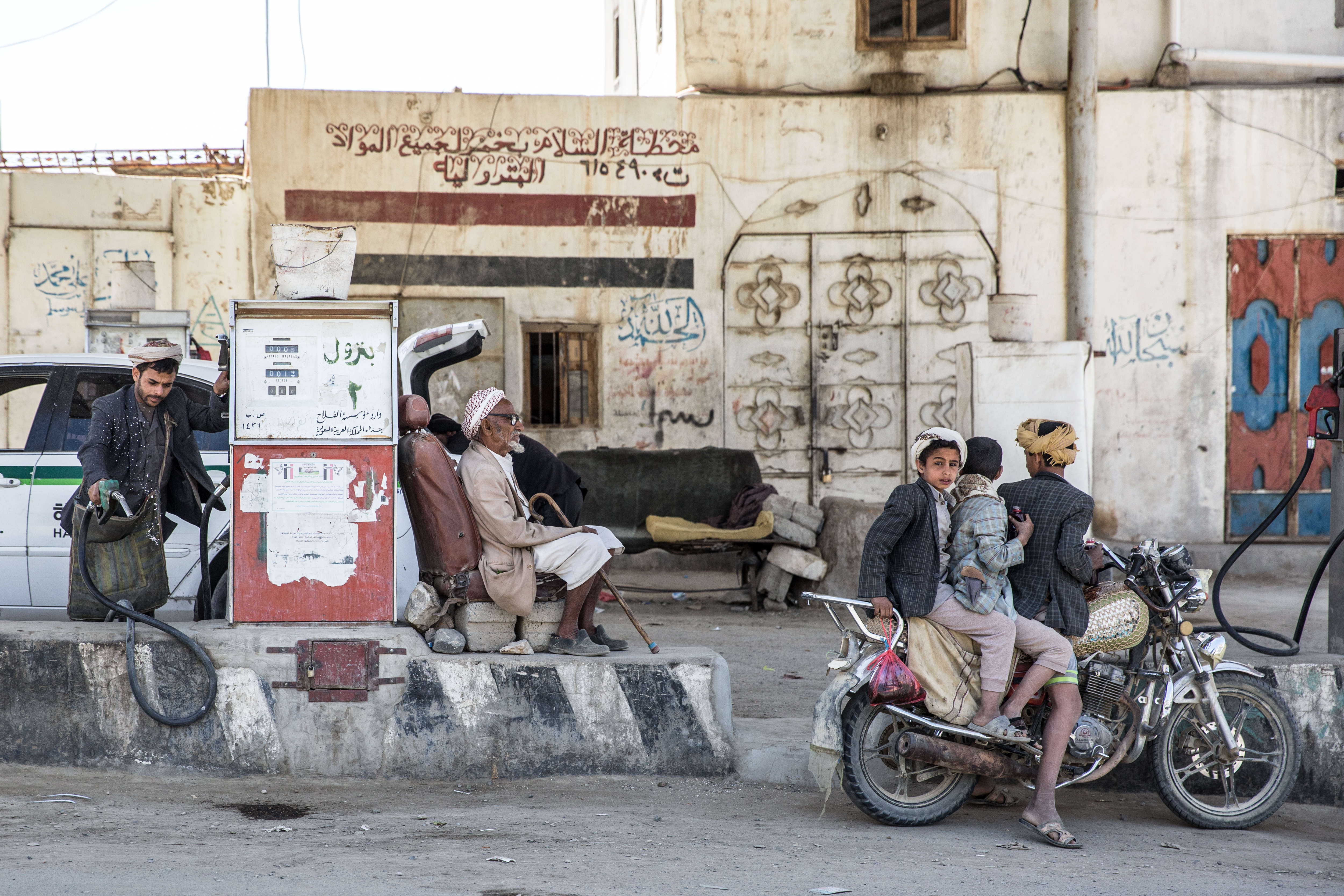Yemen update: MSF treating seriously ill patients amidst country-wide COVID-19 outbreak
“At first there were many volunteer doctors and nurses around,” remembers Dr Nizar Jahlan, “but when they knew that cases were coming to the hospital, they all disappeared.”
This is how the story of COVID-19 began in the Yemeni capital Sana’a, where Médecins sans Frontières / Doctors Without Borders (MSF) is supporting the Ministry of Health to run the city’s principal centre to treat the virus, and is planning to expand that support in the coming weeks.
“At the beginning we faced many difficulties, the hospital lacked almost everything that it needed, but we brought what we could in terms of drugs and personal protective equipment to start activities,” said Dr Jahlan, who is MSF’s Medical Activity Manager for the project. “But then we faced problems in finding enough doctors and nurses willing to work in the hospital.”
“There has been a strange mixture of fear and denial about the virus here,” said Claire HaDuong, MSF’s Head of Mission in Yemen. “People haven’t wanted to accept the possibility that it could arrive, or that it was already circulating. But as soon as people have been faced with a case, it has caused panic. But then this is a country that lacks almost totally the means to respond to this outbreak, so it’s understandable that people are scared.”
Unfortunately it is no longer anything but obvious that the virus is circulating widely across the whole of Yemen, with the intensive care unit in Sana’a, which has 15 beds, full most of the time for the last four weeks, and where the team have witnessed a high rate of mortality. The teams have treated hundreds of patients with respiratory symptoms in each of our COVID-19 centres in Sanaa and Aden, and other centres that MSF runs or supports in the north of Yemen, such as in Hajjah, Khamer, Ibb, Haydan, and Hodeidah have also received patients, although in lesser numbers.
“I have been working in intensive care units for more than 14 years, and what’s new to me is the dramatic way in which people are dying here,” continued Dr Jahlan. “They enter the emergency room walking, but they are already deeply deprived of oxygen without being aware of it, and they die in a surprisingly short amount of time. That is shocking.”
“Unfortunately this seems to be a by-product of the fear about the virus,” explained HaDuong. “People are waiting to come to the hospital until it’s much too late, and it makes it incredibly difficult to save them. We are saying to people: most cases of this virus will be mild, but please, if you have breathing difficulties, come sooner rather than later to see us.”
Dr Jahlan now knows all too well how the patients feel: after weeks of working in the treatment centre with seriously ill patients, he became unwell himself. “I think it was the most difficult time of my life,” he said. “I felt that I was just gasping for breath, I worried that I was dying, I had such a high fever.” At first his wife was looking after him, and then she too became sick. Both, thankfully are now better, but he says that many people he knows have not been so lucky. “A lot of my friends, especially those of them who are doctors, have been sick.”
“Five years of fighting had caused Yemen’s healthcare system to collapse in large parts,” said HaDuong. “Now COVID-19 has made that collapse complete, with many hospitals closing for fear of the virus, or for lack of staff and personal protective equipment. Many people will die of this virus, but we fear that many others will also die what should have been preventable deaths because healthcare is simply not available.”
MSF is doing all it can to both keeps its regular healthcare programs open and respond to the COVID-19 outbreak in the country, but it remains difficult to bring staff and supplies into the country, and the scale of the needs are too great for any single organisation to respond to.
“We cannot face this crisis alone,” said HaDuong. “The United Nations and other donor states need to urgently find ways to step up the response, including through hands on interventions of medical humanitarian agencies and support to the Yemeni health system with money to pay healthcare staff, equipment to protect them, and oxygen concentrators to help sick patients breathe. The local authorities need to facilitate the work of international organisations like MSF who are working with them to respond to the virus, ensuring the entry of medical supplies and international staff to reinforce teams on the ground.”
As for Dr Jahlan, he is now preparing to get back to work after his recovery from the virus. “A lot of my friends and colleagues were shocked that I would go back to work in the COVID-19 centre,” he said. “They asked me, ‘are you crazy?’ I told them that now I am more motivated than ever, because now after being sick I know how much these patients are suffering from the virus, and how much they need us.”
ENDS
.jpg)